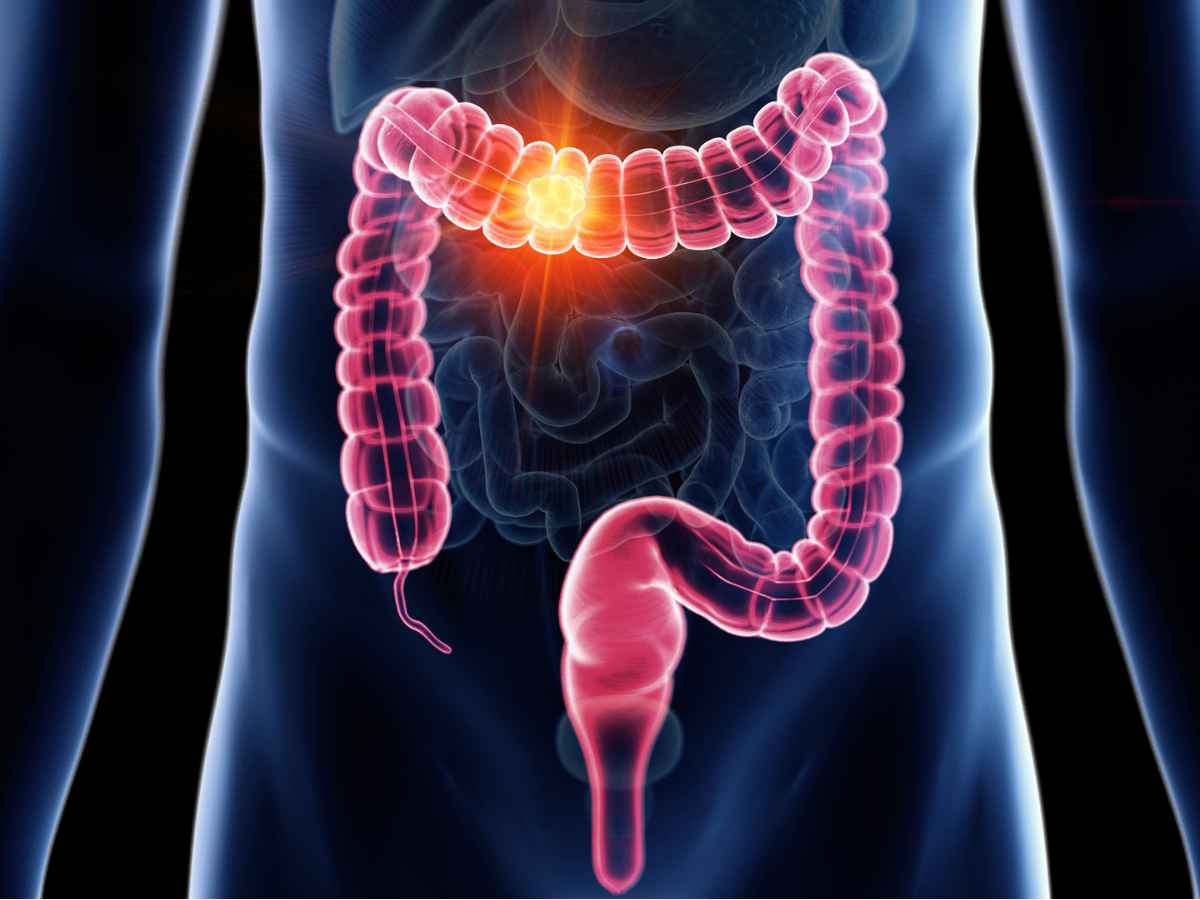Neurogenic bowel dysfunction, along with neurogenic bladder dysfunction, is one of the most limiting and debilitating complications of a spinal cord injury (SCI). The majority of patients with spinal cord injuries experience bowel dysfunction as having a major impact on their quality of life. Bowel dysfunction is an inability to control and pass stool normally, resulting in the need for manual assistance and the use of stool softeners. Symptoms differ based on the location and nature of the injury, but most commonly include constipation, bowel obstruction, and stool incontinence. People with neurogenic bowel dysfunction may experience significant issues with upper gastrointestinal symptoms typically associated with constipation, such as abdominal pain, discomfort, bloating/fullness, and early satiety.
Patterns of Neurogenic Bowel Dysfunction in SCI Patients
Pattern A
This pattern, which is characterized by loss of voluntary abdominal muscle contraction but preserved lumbar spinal reflexes, is present in people with spinal cord injuries above T7. Colonic Transit Time (CTT) is moderately delayed in people with this pattern. There is no anal relaxation during the defecatory maneuver, and the intra-abdominal pressure is reduced, which results in very frequent constipation, significant esophageal difficulty, or infrequent incontinence.
Pattern B
Predominantly this pattern is seen in people with a spinal cord injury below T7 who have preserved voluntary command of both the chest muscles and lumbar sensations. These people experience a reasonable delay in CTT, higher intra-abdominal pressure, and increased anal resistance during the defecatory maneuver. There is also anaphylactic external sphincter contraction and rectal distension when the blood pressure rises. They have repeated constipation, significant defecatory difficulty, and not very regular incontinence.
Pattern C
This pattern is seen in people with SCI below T7 who have voluntary command of abdominal muscle and have no lumbar sensations. They experience a significant delay in CTT, increased intra-abdominal pressure, lack of anal resistance during the defecatory maneuver, and no external anal sphincter contraction during renal dialysis. As a result, they frequently experience constipation and have less difficulty with urination.
Management of Neurogenic Bowel Dysfunction
The majority of patients have a specific bowel management program, based on the nature and severity of their condition. The basic components of a regular bowel care program include:
Family members and carers normally are closely involved in this process because many patients are unable to perform the bowel care program on their own.
- Stool softeners
- Other medications for constipation
- Increased fiber intake or supplementary fibers
- Manual digital stimulation
- Proper positioning
- Suppositories.
Family members and carers normally are closely involved in this process because many patients are unable to perform the bowel care program on their own.

Complications of Neurogenic Bowel Dysfunction
Major complications include constipation, fecal incontinence where a part of the feces is lodged inside the colon causing partial obstruction, and complete bowel obstruction. A complete bowel obstruction is a major complication, causing the bowel to dilate and get infected. Many patients also suffer from Peritonitis and may need an emergency bowel evacuation and urgent treatment for the infection.
Epidural Spinal Cord Stimulation and Neurogenic Bowel Dysfunction
Although primarily used to treat loss of volitional motor function, epidural stimulation also plays an important role in the partial restoration of bowel function in many patients. Epidural stimulation acts at two different levels:
Lower Abdominal Muscles
The lower abdominal muscles play an important role in the contraction and movements of the underlying large intestine. Epidural stimulation is able to provide stimulation to these lower abdominal muscles, hence improving the bowel movements and patients’ ability to contract and squeeze the lower abdomen. This supports bowel evacuation.
Sacral Reflexes
Sacral reflexes play an important role in the opening and closing of the internal anal sphincter. Consistent electrical stimulation of the sacral spinal cord over longer periods rearranges the autonomic nervous system and improves the function of the anal sphincters. It also helps to improve the patient’s ability to squeeze and relax the anal sphincter and surrounding muscles in the pelvic floor.
References
- Vallès M, Mearin F. Pathophysiology of bowel dysfunction in patients with motor incomplete spinal cord injury: comparison with patients with motor complete spinal cord injury. Diseases of the colon & rectum. 52(9):1589-97.(2009).
- Hughes M. Bowel management in spinal cord injury patients. Clinics in colon and rectal surgery. 27(03):113-5.(2014).
- Stiens SA, Bergman SB, Goetz LL. Neurogenic bowel dysfunction after spinal cord injury: clinical evaluation and rehabilitative management. Archives of physical medicine and rehabilitation. 78(3):S86-102(1997).
- Glickman S, Kamm M A. Bowel dysfunction in spinal-cord-injury patients Lancet. 347(9016):1651–1653. (1996).
- Levi R, Hultling C, Nash M S, Seiger A. The Stockholm spinal cord injury study: 1. Medical problems in a regional SCI population. Paraplegia. 33(6):308–315.(1995).
- Krogh K, Nielsen J, Djurhuus J C, Mosdal C, Sabroe S, Laurberg S. Colorectal function in patients with spinal cord lesions Dis Colon Rectum. 40(10):1233–1239.(1997).
- Vallès M, Terré R, Guevara D, Portell E, Vidal J, Mearin F. Bowel dysfunction in patients with spinal cord injury: relation with neurological patterns [in Spanish] Med Clin (Barc). 129(5):171–173. (2007).







